2021 – 24. VR game.
July 26 – 27, 2204, :iidrr Gallery, New York US
Sept 12, 2024, MIT Museum, Cambridge US
Jan 2022, Shortlisted finalist, S+T+ARTS “Repairing the Present” Award
2024, Culture & Animals Foundation Grantee
Instagram: Trans-Species Collective
Batopia is a VR first-person adventure game developed by Trans Species Collective where a bat navigates the acoustic world in the midst of nocturnal routines, other bats, and anthropogenic challenges. In the eyes of a bat, with unique interactions with their surroundings, the player experiences the myriad cognitive, sensory, social and musical facets of a bat’s life.
Immersed in the world of an animal with sensory modalities very different from our own, the player evades obstacles by echolocation, hunts insects midair, experiences other singer bats’ dialects, combats sensory distraction by urban noises, and unlocks hidden quests by exploration.
Chaos, signal, the nonhuman sense of musicality – this game utilizes Trans-Sensory Mapping, where sound becomes a visual landscape where recordings of real bat sounds give rise to ways to interact with the world and open new paths.
The game connects people with nonhuman animals by, as philosopher Elizabeth Grosz says, opening them up to the “universe of becoming-other” through the active sensing and navigation of a unique nonhuman experienced world.
Team of Trans Species Collective:
Concept, creative direction, and 3D production: Yiou Wang
HCI research and sound engineering: Yujie Wang
Interaction design and programming: Chuhong Wang, Shaoting Zeng
Original field recording & science consultant: Mirjam Knörnschild
Acoustics and sound design consultant: Benjamin Markham
This VR game is funded by Culture & Animals Foundation (CAF) and Council for the Arts at MIT (CAMIT).
Project Creation Story and Methodology
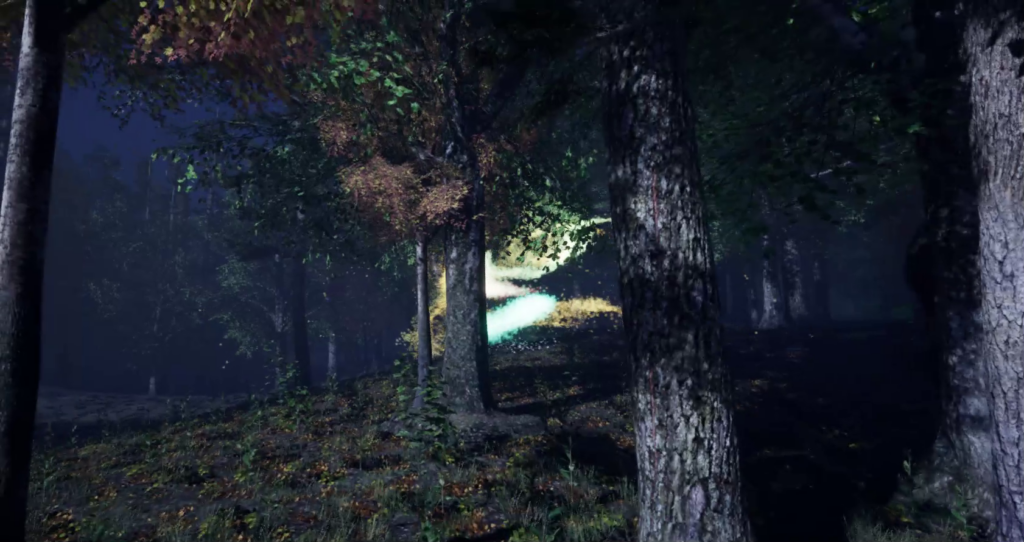


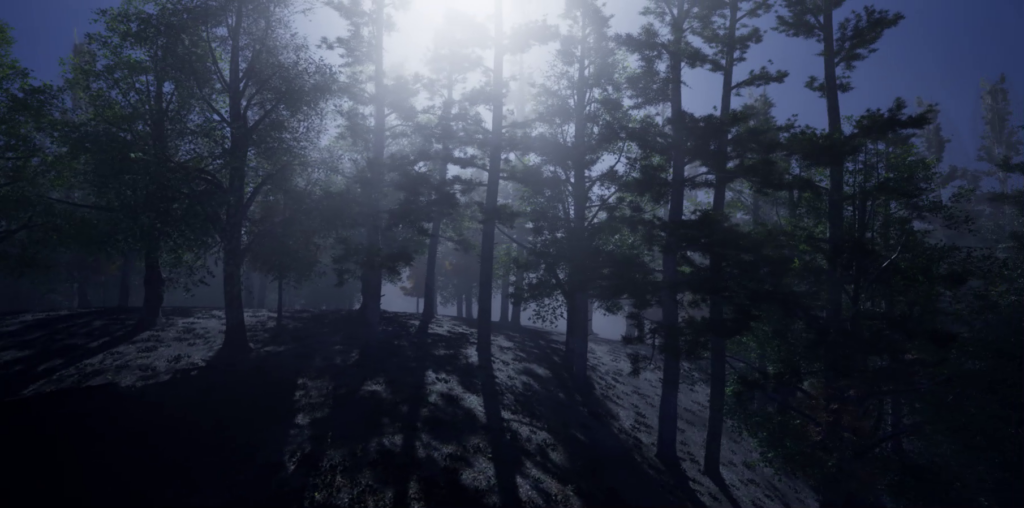
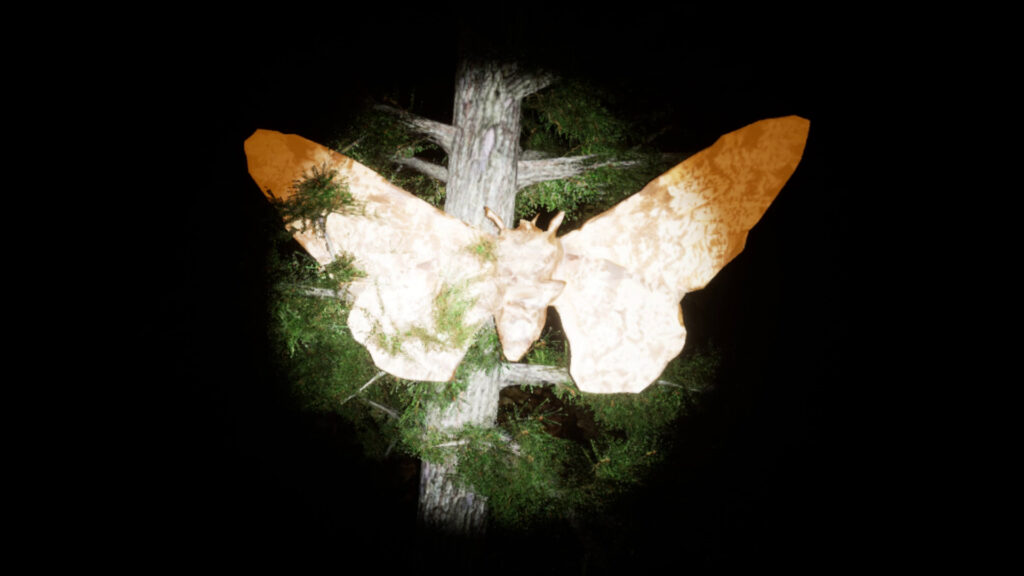
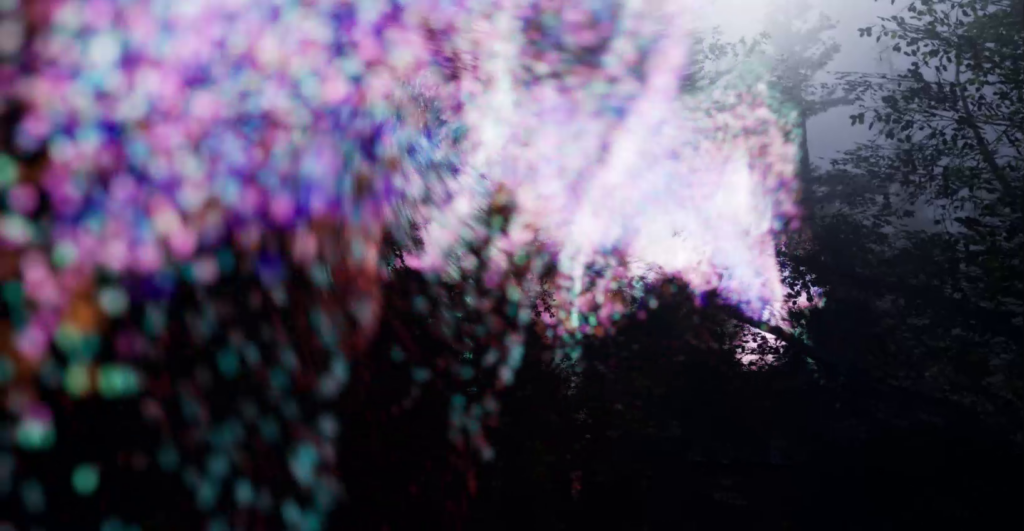
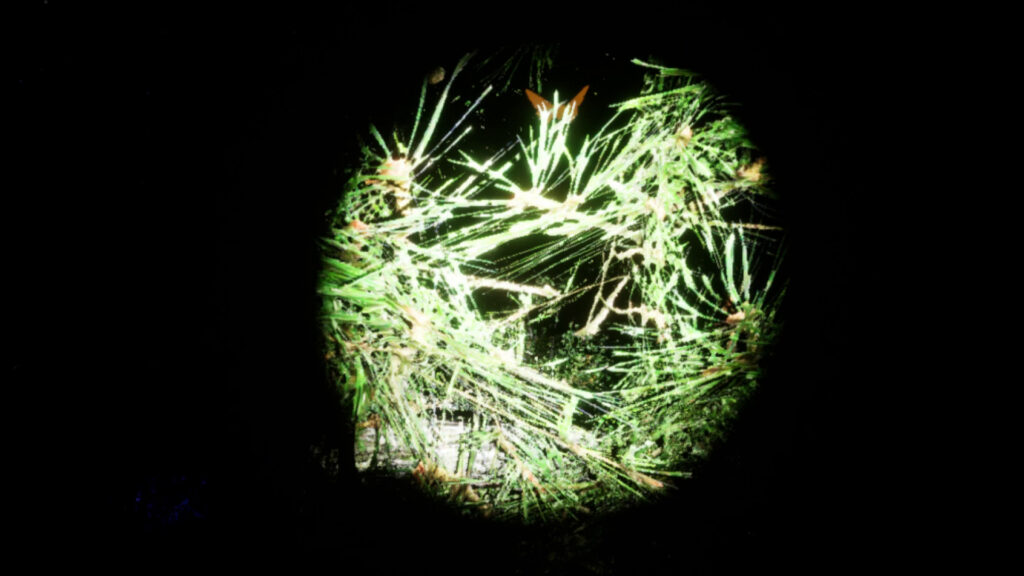

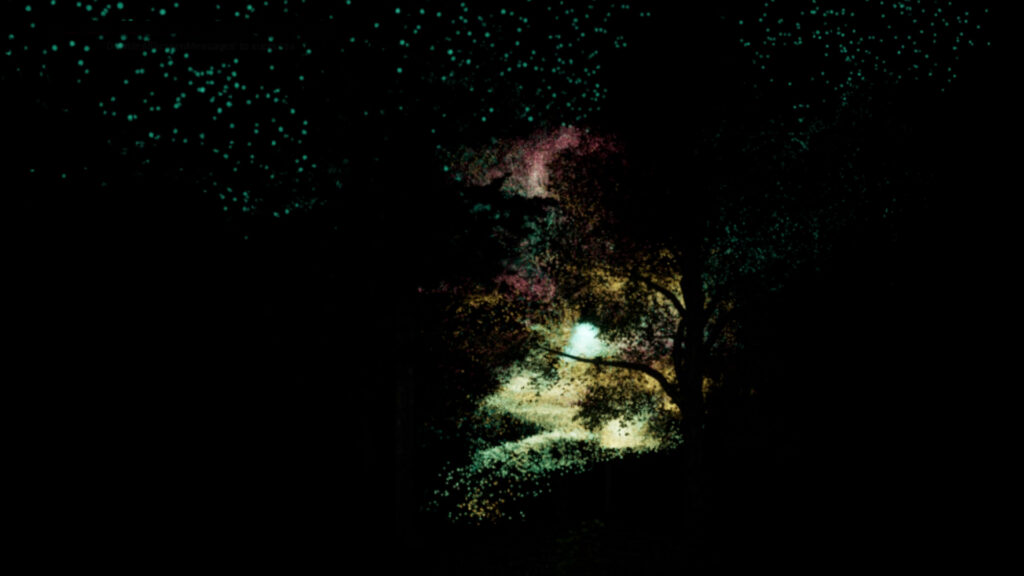

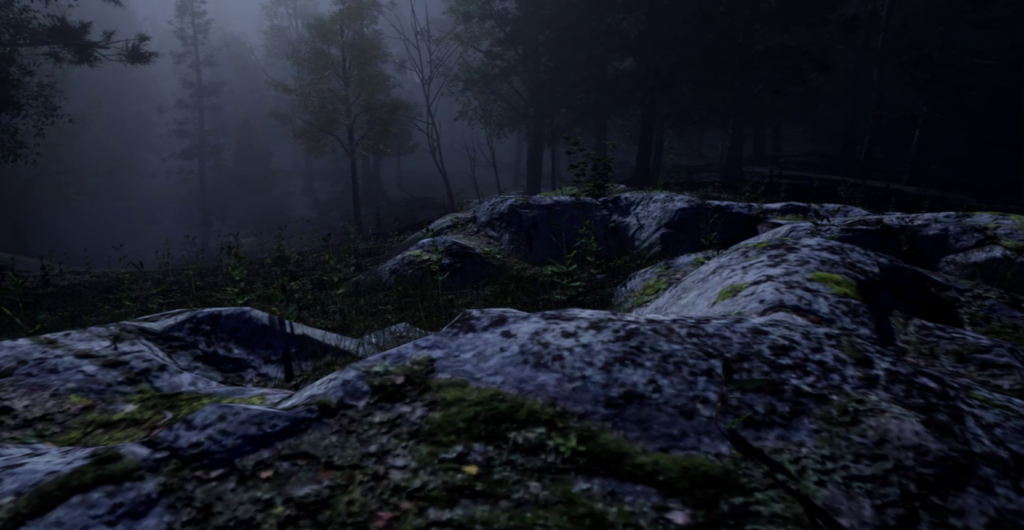
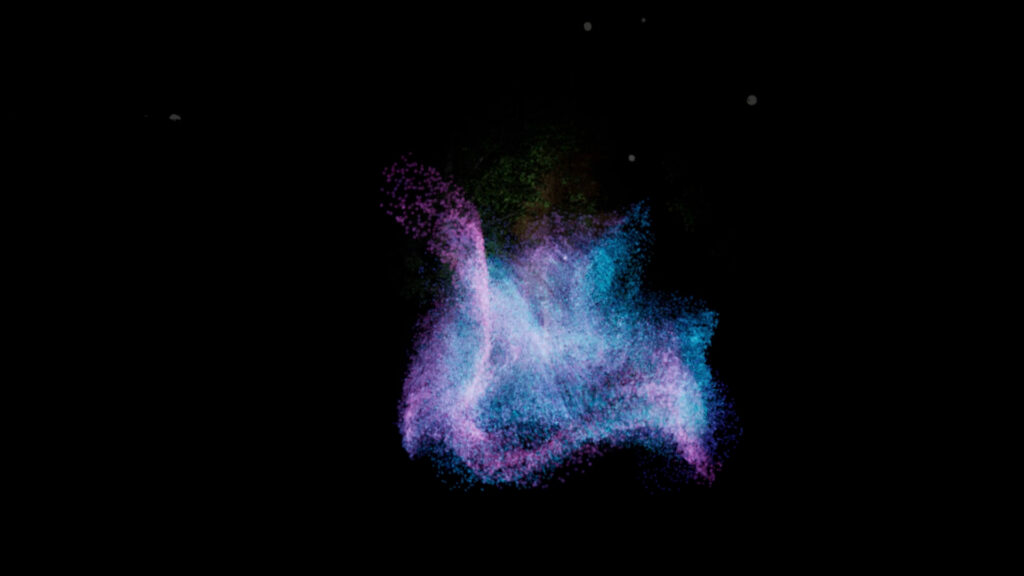
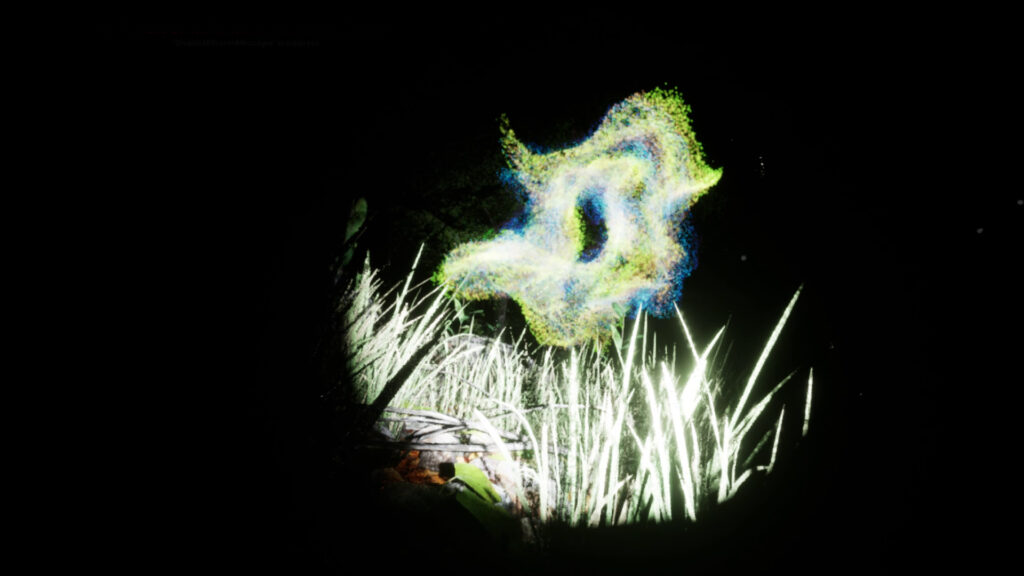
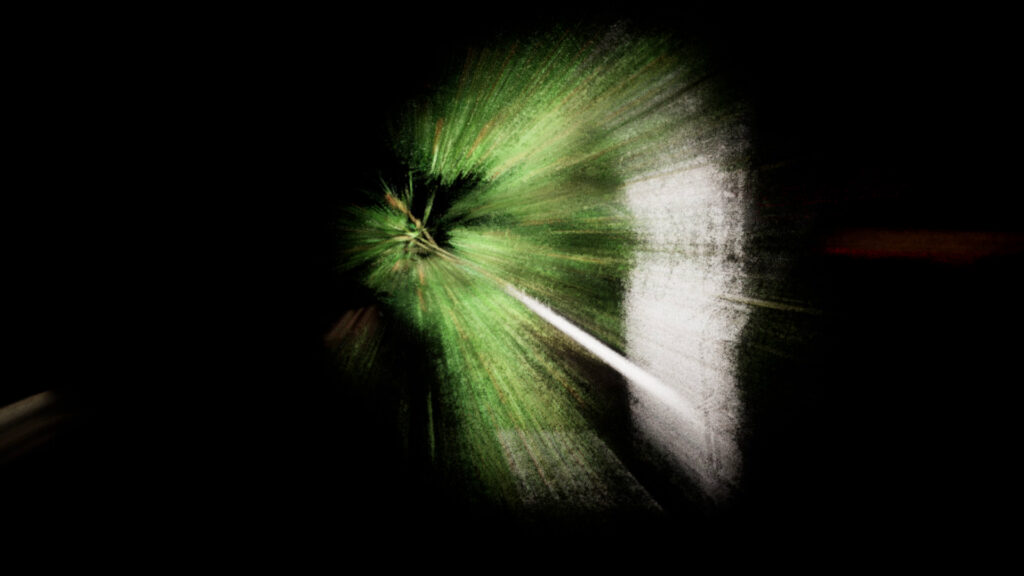

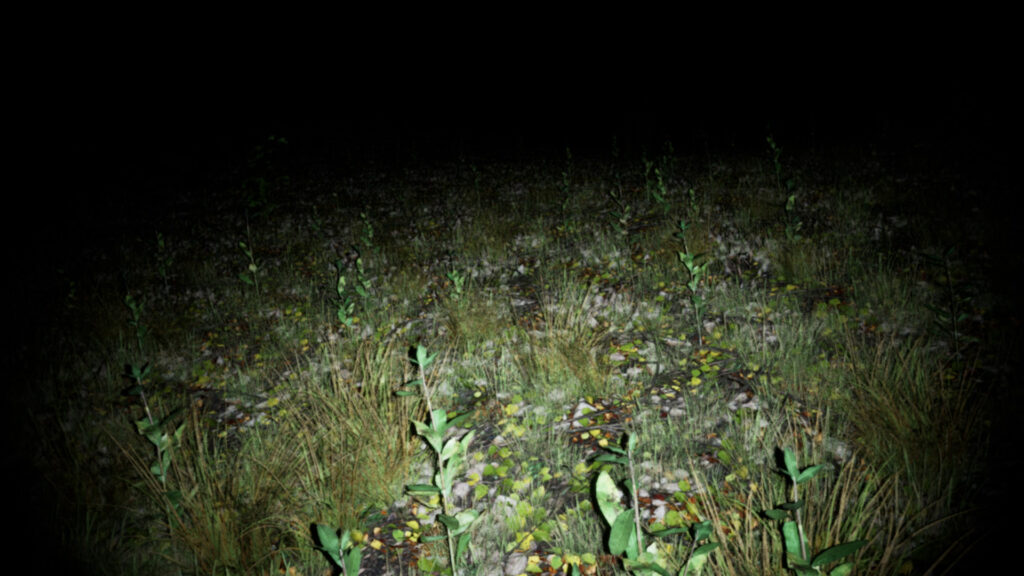
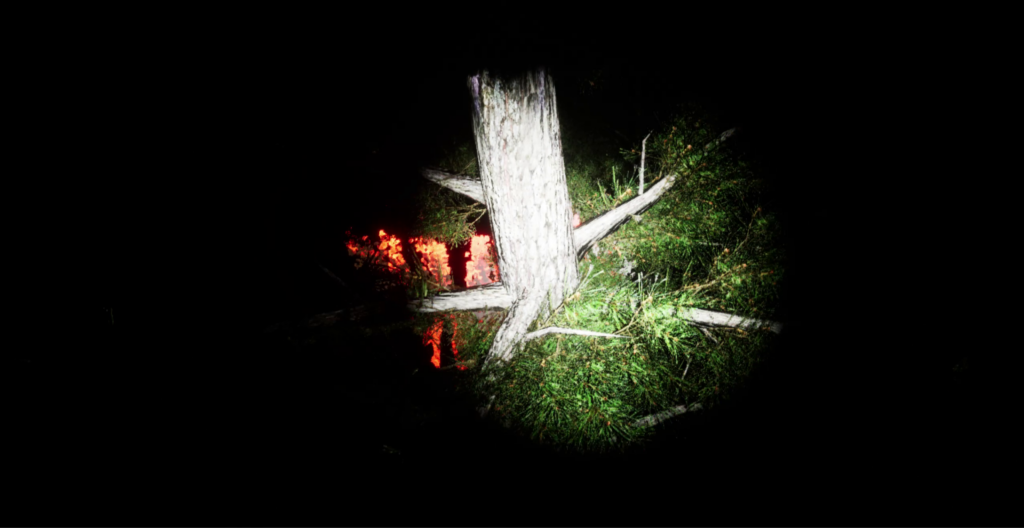
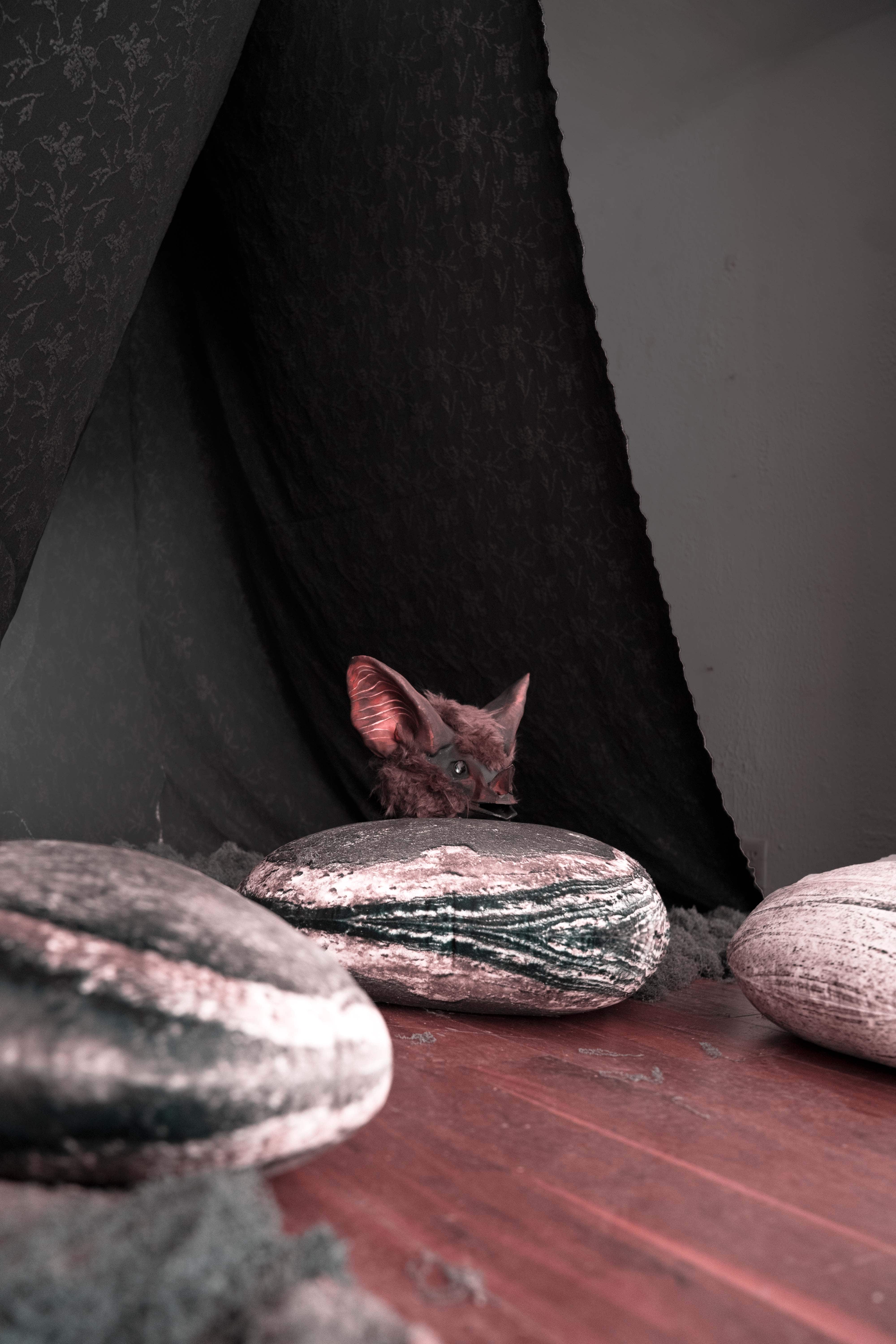
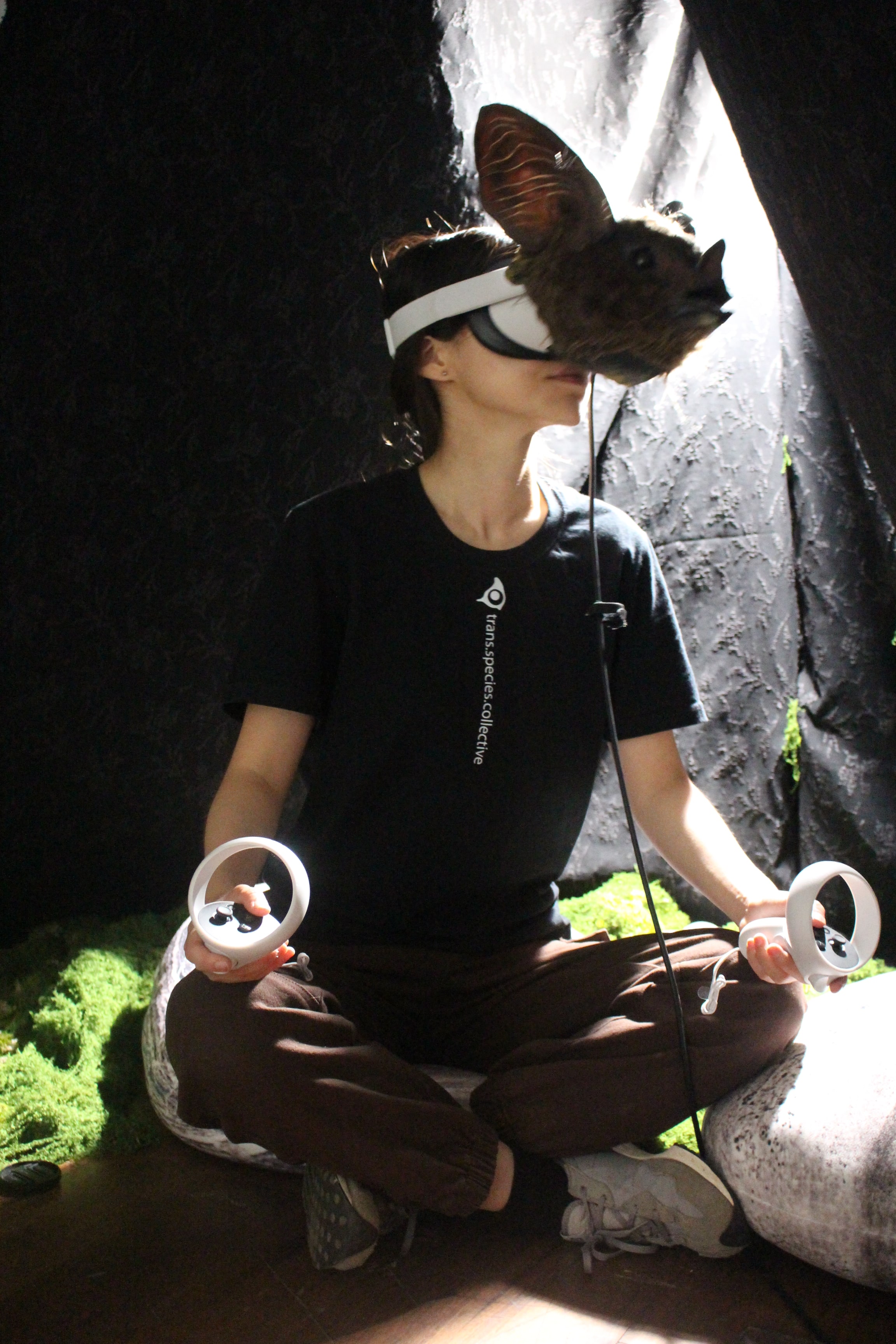
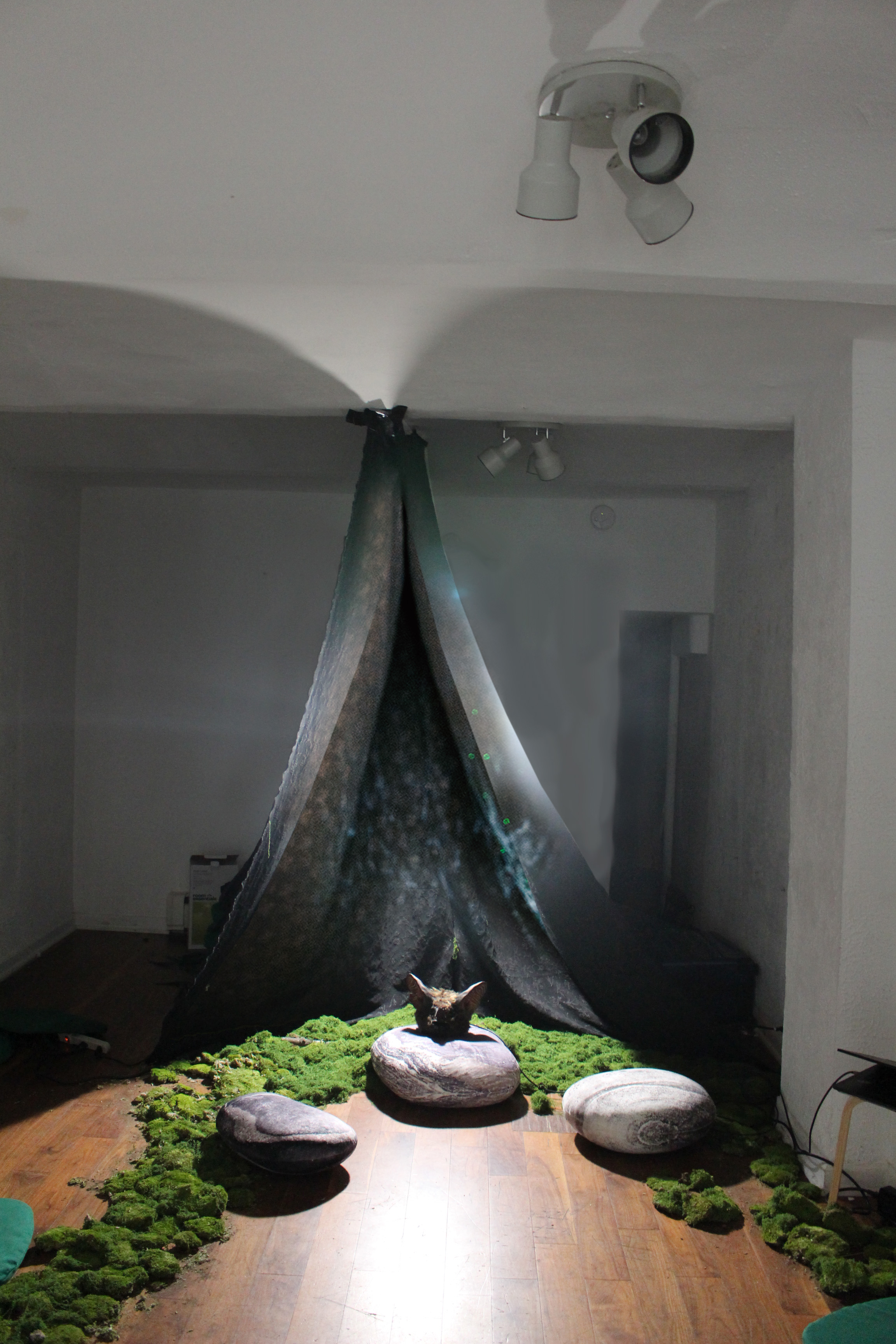
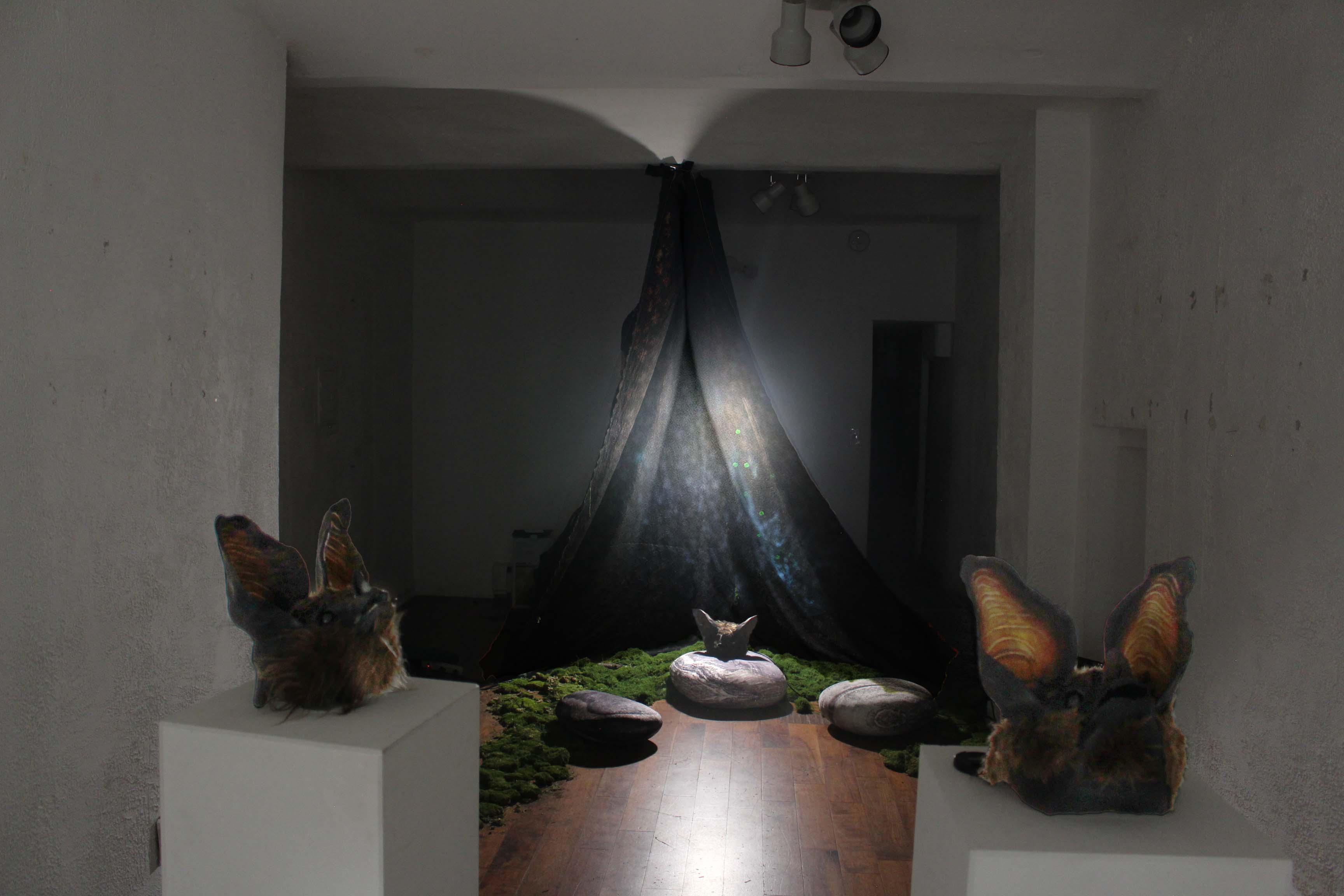
What practices can we use to develop our listening and sensorial abilities to be able to tune in to other non-human mind and be open to witnessing those of which we’re not aware?
The environment and evological challenges we are facing today lack action from the public due to Psychological Distance, which makes it difficult for us to relate ourselves to the actual impact of those problems on animals. From the Anthropocentic view, that humans are morally superior, to the Ecocentric view, that all living beings have equal intrinsic value, we need a paradigm shift and an alternative socio-ecological narrative.
As Pierre Schaeffer said, “Sound if the vocabulary of nature.” We believe listening as the non-human will open people up to richer, more engaged relationships with non-human co-inhabitants of Earth and the ecosystem in whole. The cognitive and artistic potentials of listening to non-humans are huge and underexplored in arts and humanities. Built upon Jakob von Uexkull’s theory of Becoming Non-humans and research on empathic computing, this research-driven art game BATOPIA, using immersive and wearable systems through perspective taking, aims to foster cognitive empathy towards animals through Trans-Sensory Listening (TSL) with non-human-centered storytelling.
With science translated into narrative, BATOPIA, a bat-as-subject perspective taking game, investigates what it means to become another species with some distance from us on the phylogeny. Player with trans-sensory vision, trans-sensory listening from ultrasound will experience a bat’s foraging in urban areas affected by anthropogenic noise and light pollution. Completing foraging tasks with disturbances derived from actual environmental challenges, the player understands the bat as a subjective character, which opens people to a more engaged, empathic relationship to the non-human inhabitants of the ecosystem. BATOPIA provokes a transition in the relationship between nature and human toward respect and empathy to non-human beings, with the potential to mitigate some of the harms pervaded by Anthropocentrism.